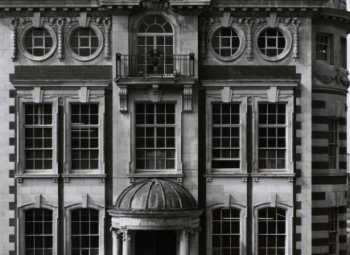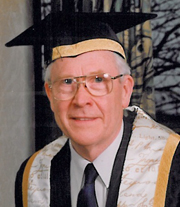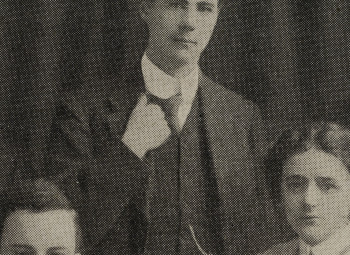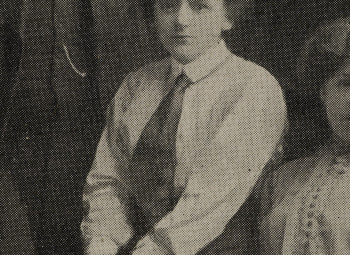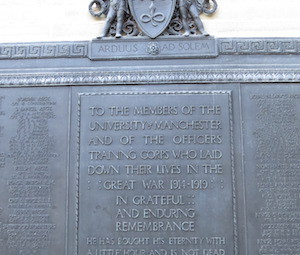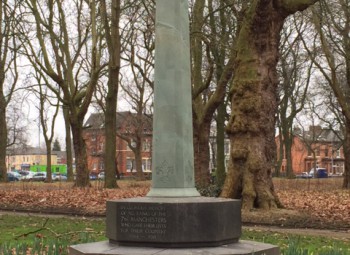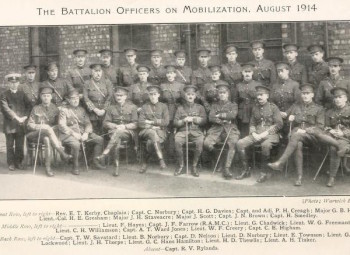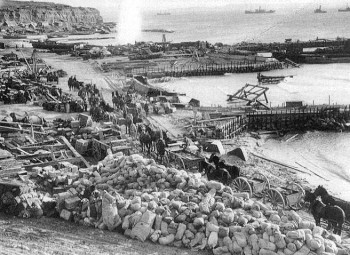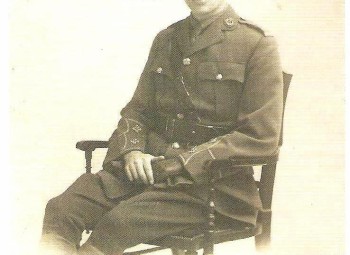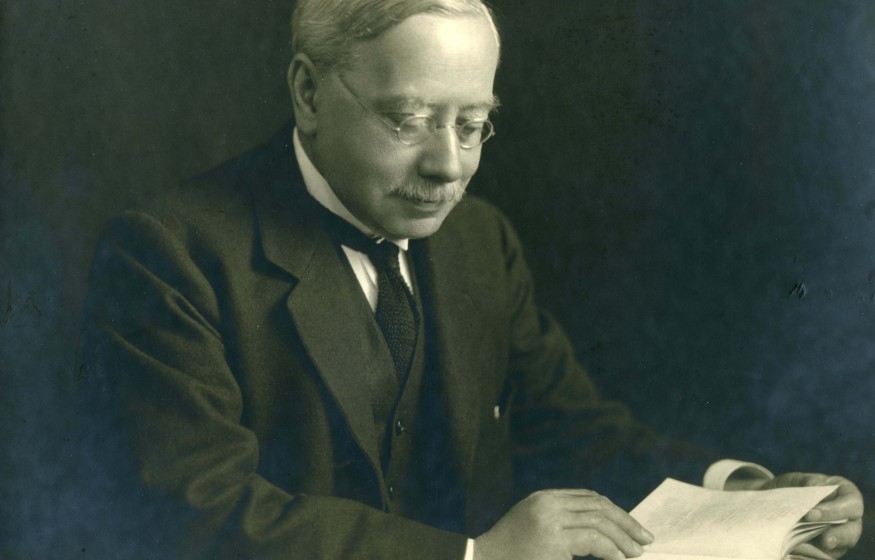
Letters to Tout
playProfessor Thomas Frederick Tout (1855 – 1929) was an internationally renowned medievalist and the central force behind the creation of the Manchester History School. The Tout papers, held at the John Ryland’s Library, serve as one of the most important collections – comprising notebooks, photographs, and an extensive correspondence – relating to the development of the British historical profession c. 1890 – 1930.
The Tout papers also provide a fascinating source of information relating to the First World War, with numerous letters written to Tout by current and former students who were serving in the armed forces. These letters provide vivid descriptions of life on the Front line, including fears of machine gun and gas attacks, experiences of army life, sacrifice and morale, and thoughts on the direction of the war. On another level, however, relationships between Tout and his students that were sustained through regular correspondence offer fascinating insights into the often hidden emotional history of the First World War. Several important features can be seen here. For example, an examination of the letters highlights the enormous respect that these students had for their former teacher. The need for continued links with home and their pre-war lives meant that students placed a high value on their association with Tout, the History School and the University. Another element that is palpable in the correspondence in the central role that Tout played in the lives of his students, primarily as a provider of emotional support for young men and women who were dealing with the horrors of war, as well as the uncertainties facing for those fortunate enough to survive as their sought to rebuild their lives.
The above video was researched, directed and produced by Ryan Yung, a postgraduate History student, as part of the course unit Filming History: Making Documentary Films for Research. Unique in the UK, the course teaches historians the research methods, theoretical and practical techniques involved in making documentary films about history.
Esteemed architect who survived the trenches
John Hubert Worthington, known as Hubert for most of his life, was born at Chorley on 4th July 1886 to Thomas
Harold’s Labour of Love
“They did not even have a filing cabinet,” said Prof. Harold Hankins, CBE, FEng when he began researching the history
Anti-war activism
Walton Newbold (1888-1943) is one of the few University students known to have been active opponents of the War. Unlike
Ellen Wilkinson’s wartime work
Ellen Wilkinson (1891-1947) is perhaps the most famous politician to have studied at our University. Her name is now indelibly
Our WW1 Memorials
In the aftermath of the Great War memorials to those who died were erected in almost every town and village
A Forgotten University Memorial of World War One
Standing in a corner of Whitworth Park, adjacent to the newly-refurbished Whitworth Art Gallery, lies a seldom visited World War
Gerald B. Hurst: lecturer and author of ‘With The Manchesters in the East’
Gerald was born on 4th December 1877 at Bradford to William Martin Hertz, a Woolen Merchant of German Jewish descent.
Staff and students at Gallipoli
By late 1914 it was already apparent that a decisive victory on the Western Front was very unlikely. The Gallipoli
Thomas Eric Peet
Thomas Eric Peet was born in 1882 in Liverpool to middle class parents, Thomas and Salome Peet. He was educated
